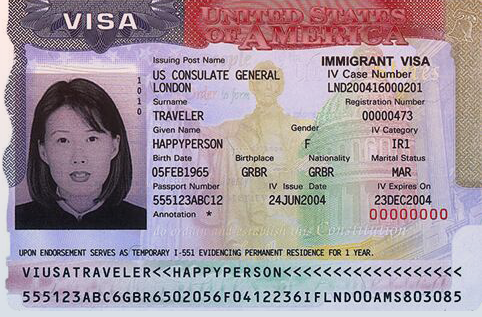H1B Visa: Understanding Its Importance and Recent Updates

Introduction
The H1B visa is a non-immigrant visa that allows U.S. companies to employ foreign workers in specialty occupations. This visa is critical for sectors like technology, engineering, healthcare, and education. Given the global demand for skilled professionals and the ongoing changes in U.S. immigration policies, understanding the H1B visa process is crucial for job seekers and employers alike.
Importance of the H1B Visa
As the U.S. economy continues to expand, the demand for specialized skills has surged. The H1B visa is essential in bridging the skills gap, allowing U.S. companies to find talented individuals from around the world. In FY 2023, the U.S. Citizenship and Immigration Services (USCIS) received nearly 484,000 H1B visa applications, highlighting its significance.
Process for Obtaining an H1B Visa
The H1B visa process typically involves several key steps:
- Employer Sponsorship: A U.S. employer must offer a job to the candidate and file a Labor Condition Application (LCA) with the Department of Labor.
- Petition Filing: After receiving LCA approval, the employer submits a petition (Form I-129) to the USCIS along with necessary documentation.
- Selection Process: Due to the cap on H1B visas (85,000 annually), a lottery system is often used to select petitions for processing.
- Visa Approval: If selected, the petition undergoes scrutiny, and upon approval, the candidate can apply for the visa at the U.S. embassy or consulate.
Recent Changes and Developments
In 2023, significant discussions have taken place regarding the H1B visa program, including possible reforms aimed at making it easier for companies to hire international talent. The Biden administration has proposed reducing the complexities involved in the application process and increasing the number of visas available, especially for STEM-related fields. Additionally, the recent court rulings have reinforced protections for H1B workers, emphasizing fair wages and working conditions.
Conclusion
For many international professionals, the H1B visa represents a pathway to career opportunities in the United States. With ongoing changes in immigration policy and labor demand, it is essential for applicants and employers to stay informed about the latest developments. Understanding the intricacies of the H1B visa process will not only aid in navigating challenges but also enhance the prospects of securing employment in competitive industries. As the debate surrounding immigration reform continues, the future of the H1B visa program remains a critical topic for stakeholders in the U.S. economy.









